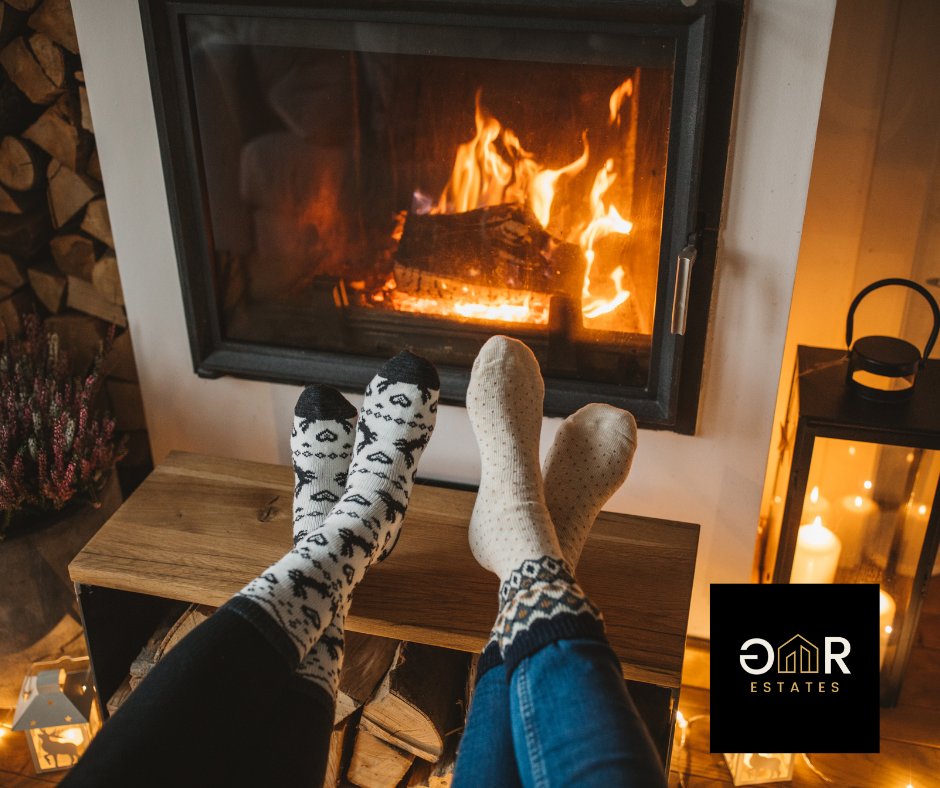
- Keep the heat in your house
There are several things you can do to retain as much heat in your house as possible, especially when the power is off. Keep your curtains closed, close the doors to unused rooms, make sure all windows are properly closed, and put rolled-up towels in the cracks under your doors. Dress cleverly: layers of loose-fitting, lightweight, warm clothing will keep you warmer than one bulky sweater.
- Check your heat sources
All heating equipment can be dangerous if not handled carefully. Make sure the pipes on your gas heaters are secure and keep anything that can burn at least a metre away from the heat source.
“One of the biggest concerns around house fires is the belief that ‘it can never happen to me’,” says Ricardo Coetzee, Head of Auto & General Insurance, “The fact is that it can and will if you let your guard down. It takes only one ember close to a flammable material, one faulty gas hose or wire or one switch left on or in an open setting for you to become part of the statistics of total loss of your property… or worse.”
When the power is on, be sure to plug only one heat-producing appliance into one outlet at a time, and plug power cords directly into wall sockets, and not an extension cord. And if possible, don’t use candles for lighting: when the power goes off, rather use flashlights or LED lights.
- Make sure your generator is safe
When the power goes off, suburbia comes alive with the buzz of generators. But be sure not to use a generator inside your home, garage or shed, even if you have doors and windows open. Carbon monoxide poisoning kills many South Africans every year. And make sure your generator is installed and certified by professionals.
“You can’t just buy a generator at your local hardware store and stick an extension cord into a wall socket. That’s called back-feeding, and it’s dangerous. All generators and alternative power supplies must be installed professionally by an electrician, or you run the risk of fires and damage to your appliances,” says Van Vuuren.
- Review your insurance cover
Rather be safe than sorry. Make sure your buildings and home contents are covered properly. This includes making sure they’re covered for their current replacement value, not what you paid for them. To help you assess your home contents correctly, here’s a handy home contents inventory. For your buildings, make sure you have enough insurance to rebuild your home entirely if you need to.
Bradley Du Chenne, CEO of online comparison website Hippo.co.za, says it is important that people understand what cover they prevent any fire-related claims from being rejected.
Insurance cover for fire damage will depend on which type of cover you have, be it car insurance, buildings insurance, household insurance or business insurance. “You cannot, for example, claim for fire damage to your furniture if you only have buildings insurance,” says Du Chenne.